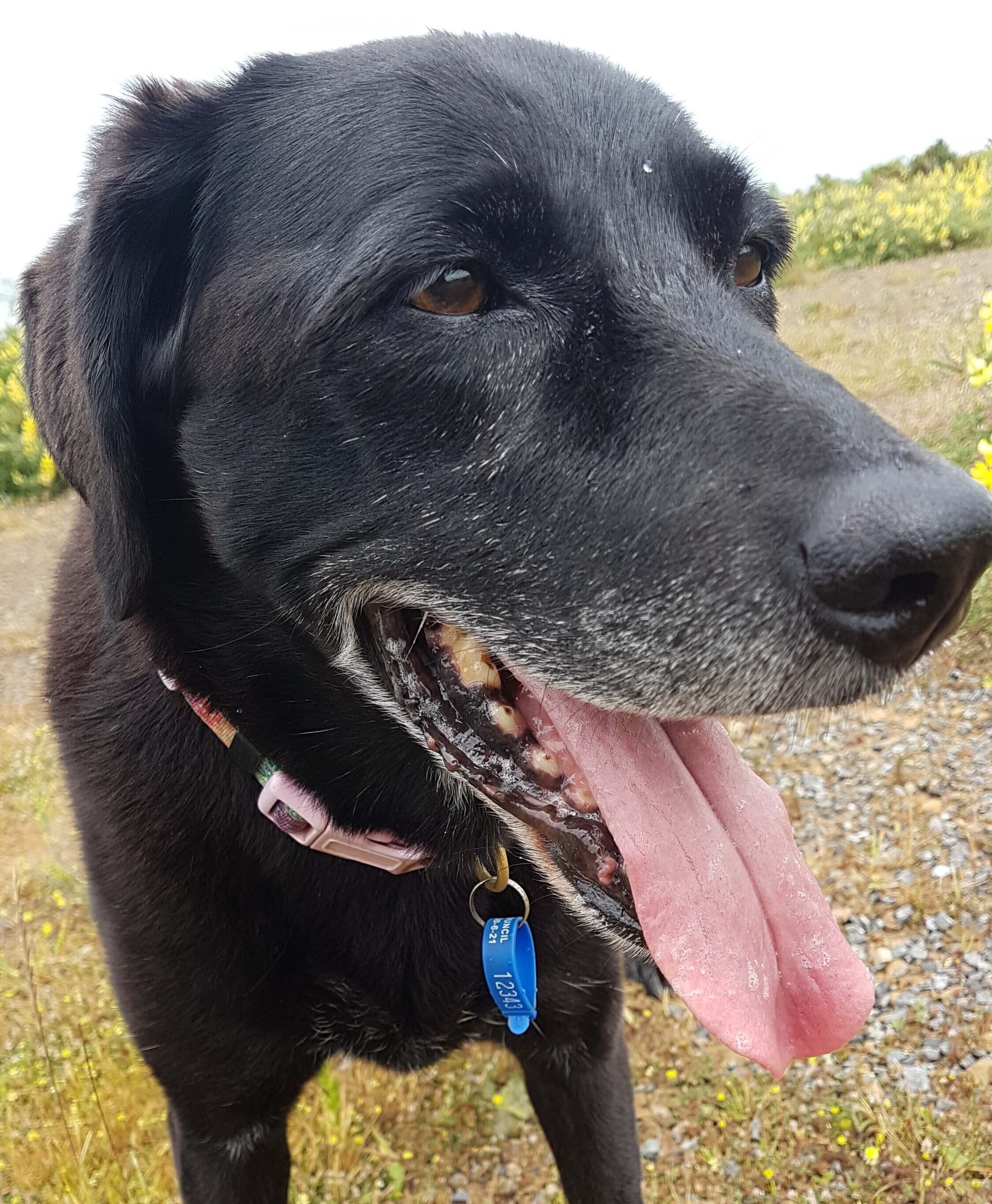How setting rules and boundaries makes puppy-raising less stressful
We all know that dogs are a different species and aren’t just furry and exceptionally cute humans, but we need to really think about what that means.
Because you are your dog’s entire world, and you’re responsible for their well-being, it helps to think about what your dog needs, what they’d naturally want to do and how you can make that happen in ways that you find acceptable.
Let’s take toileting as an example. Dogs will happily pee all over your house and they have no desire to clean up after themselves. So it’s important to get toileting on cue and teach them where to go.
Another example is destruction. For most dogs, if you’ve left something lying around, that’s fair game and worth exploring (destroying, dissecting, eating). You know it’s your favourite shoe or your tv remote but your dog doesn’t, so giving them lots of toys and puppy proofing the rest of your home is a really important part of puppy raising.
If you treat your dog like a dog, it will help them settle quicker and result in less frustration.
All dogs need
Security
Routines
Boundaries
Consistency
You need to gently teach them how to behave in your home.
It’s important that all family members agree on the rules and that everyone does the same thing.
Imagine going to another planet where you don’t speak the language and you’re an entirely different species to the main inhabitants.
That’s what it’s like for a dog, so you need to make it really easy for them to understand the rules and boundaries so they can succeed.
I know how hard it is to get all family members on the same page. And even if you get all family members on the same page, you may have visitors who ignore your requests and undo all your hard work.
When I first adopted Amelia, she didn’t have any experience around people, so she’d race up to them & jump all over them and because she was a big dog, naturally people didn’t like that.
I’d always give my guests instructions before they’d enter the house.
One of these instructions was to ignore Amelia until she’d calmed down. I remember one guest walking in, staring straight at Amelia and loudly saying “I’m supposed to ignore you!” which naturally resulted in Amelia racing straight up to her and jumping all over her. My guest didn’t like this at all and blamed Amelia!
Don’t accept behavior from a puppy that you won’t accept when they’re a full grown dog.
Will your fully grown dog be allowed:
On the sofa
On the beds
To jump up on people for attention
To nibble or bite hands
To chase the cat
To eat kid’s toys
To eat shoes
To get attention and cuddles for barking, whining and howling?
If the answer to any of these is no, then don’t let your puppy do these things. Otherwise they go from being rewarded for doing these things to being punished when they’re fully grown and that’s really unfair.
For more puppy raising tactics, save your seat in my free masterclass
“3 Simple Tactics for Raising a Well-Behaved Dog”










